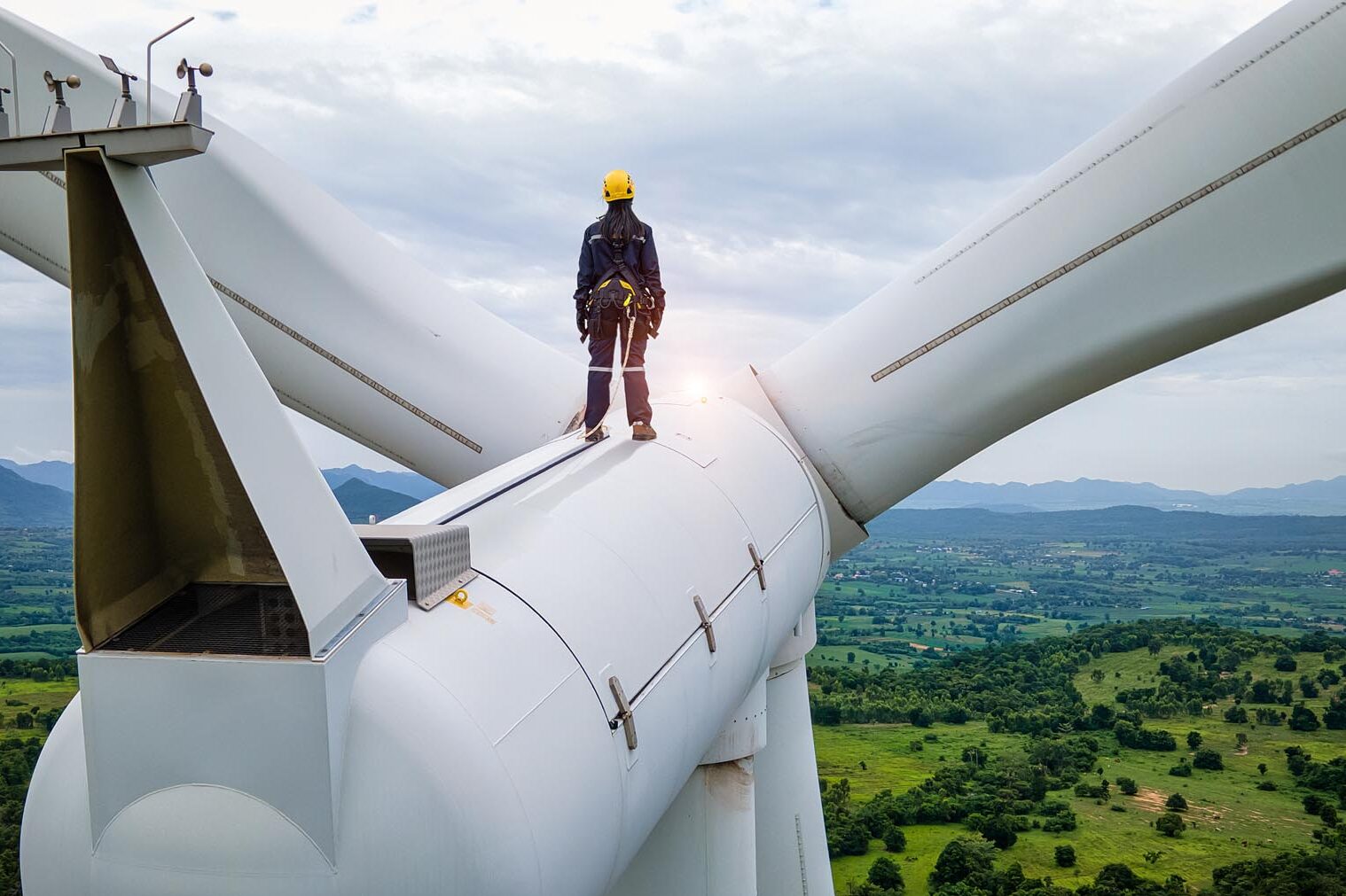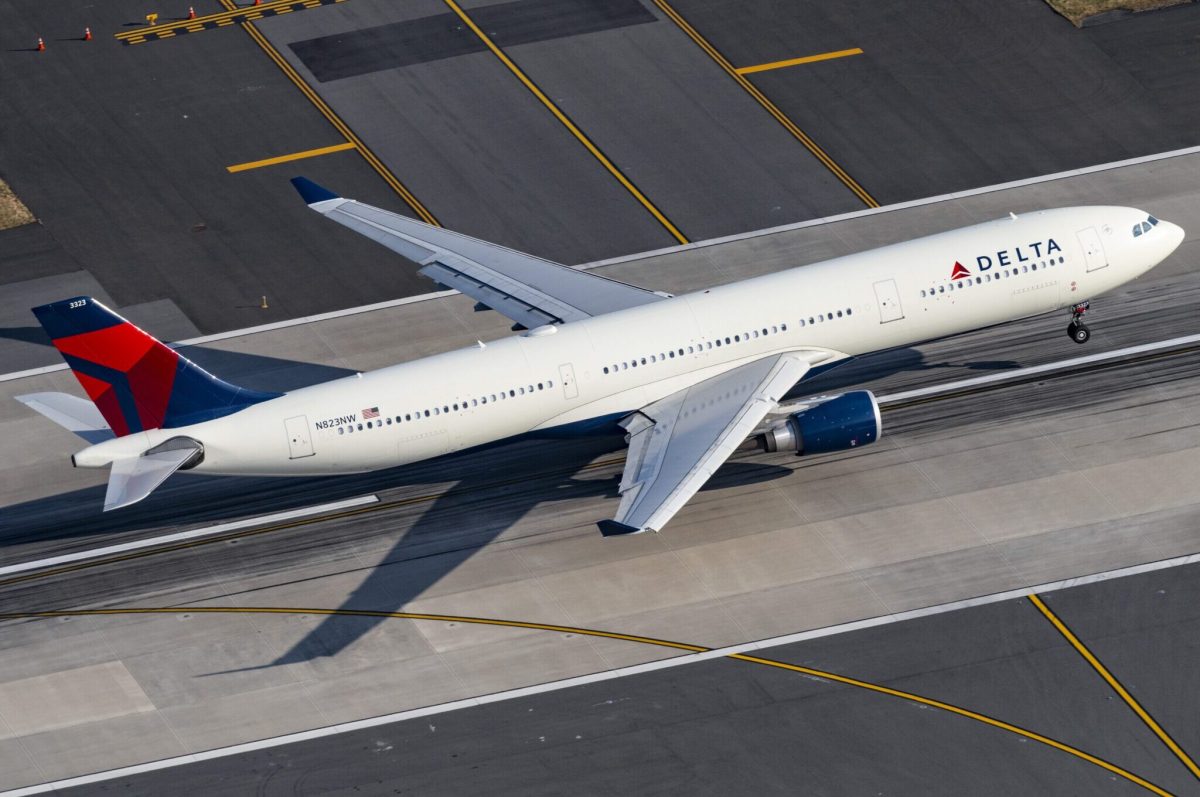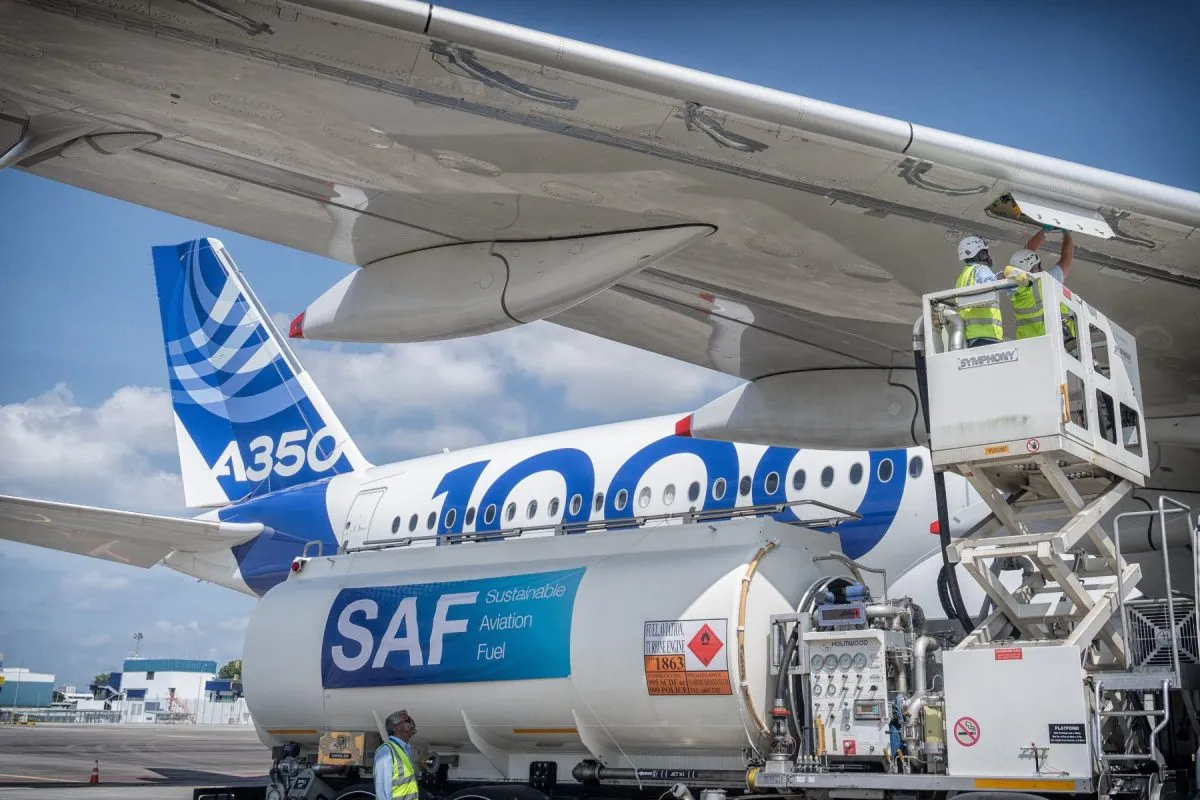After Overtourism: Pivoting from Traveler-Shaming to Systemic Solutions

Skift Take
I remember the day I introduced the term “overtourism” to the world, back in August 2016. At the time, we were working to build an industry framework through our editorial coverage on Skift, designed to help businesses manage visitor flows more responsibly. The word emerged as a piece of industry jargon: a concise, utilitarian tool meant to spark new strategies, policies, and technological fixes that would prevent overloaded destinations and frayed infrastructure.
But over time, the term slipped out of the boardrooms and planning sessions and drifted into the mainstream media, its original intent obscured. For too long, much of the tourism industry’s approach to mitigating climate change has centered on personal responsibility. It is, after all, easier to lecture individuals on their choice of transportation and hotel accommodations than to confront the behemoth that is modern travel infrastructure.
Instead of a prompt for sober analysis and constructive solutions, “overtourism” became a flashpoint in the cultural narrative, a shorthand for blaming travelers themselves. Suddenly, anyone booking a vacation to a popular city or scenic coastline risked being labeled part of the problem. Something was lost in translation, and it bothered me—deeply. That is why I proposed ditching the word, last year.
But this narrative, while well-intentioned, is incomplete. It ignores the deeper, structural challenges that underlie the travel industry’s environmental footprint. Yes, traveler behavior matters. Yes, taking a direct flight instead of two connecting ones can reduce emissions. But such tweaks will never truly solve the looming crisis if we rely solely on the idea that individuals must modify their actions to save the planet. We need something more fundamental. We need new approaches that reimagine supply and demand in travel, and these approaches will likely originate outside the travel sector itself.
My training as an engineer—and now an entrepreneur for 25 years—has always made me think in terms of systems and solutions. Already, we are witnessing a wave of innovations. Many are not being created with the tourism industry specifically in mind, but they can and will eventually be adapted to it. Once technological breakthroughs become accessible, they can transform the way we travel, reducing our carbon footprint not by wagging a finger at travelers, but by making greener choices the natural and affordable default.
Clean aviation fuels, efficient propulsion systems, next-generation trains, climate-smart routing software that spreads out visitor flows—these breakthroughs are more than aspirational talking points. They’re in labs, startups, and forward-thinking firms right now. They promise to reduce carbon footprints without turning leisure travelers into scapegoats.
Yet technology alone isn’t enough. Policy, as always, tends to lag behind innovation. We see this dynamic now with artificial intelligence: the technology raced ahead, and only afterward did governments start scrambling to craft regulations that catch up. Climate technology in travel will follow a similar path.
Once the tools to shrink our travel emissions emerge and mature, policymakers can and must step forward. They can establish incentives, regulate emissions standards, and encourage cleaner travel methods. Policies can turn small-scale pilots into industry-wide norms.
This interplay—technology first, policy following—doesn’t mean travelers are irrelevant. On the contrary, informed travelers can create pressure and demand for these technologies and policies. As more people grow skeptical of “sustainable travel” lip service, they will look for concrete actions and improvements. They will also support leaders, companies, and destinations that invest in innovation and regulation. Travelers want to see their footprints minimized through real change, not just scolding.
It’s time, then, to shift the narrative. Instead of demonizing travelers and branding them as the core problem, we should acknowledge the full complexity of the challenge. The travel industry, as part of a global network of economic and technological systems, does not exist in isolation. Its greatest hope for combating climate change lies in harnessing the creative energies of engineers, scientists, policymakers, and tech entrepreneurs—people who may not see themselves as “in tourism” at all, yet who hold the keys to transforming it. By embracing advanced climate technologies and crafting supportive policies after these solutions emerge, we can ensure that travel continues to enrich our lives without bankrupting our planet’s future.
I look back at “overtourism” now and wish that, from the start, the term had been more widely understood as a signal for systemic intervention rather than a rallying cry to shame travelers. But it’s not too late to reclaim that conversation. The world is on the cusp of a technological renaissance in climate solutions. If we set aside the blame game, we can channel the spirit of that original industry term—my term—and apply it constructively. We can embrace an ecosystem of engineering, technological breakthroughs, and informed policymaking. And we can finally move beyond demonizing those who venture out to see the world, reorienting our energies instead toward building the kind of travel industry that aligns with the planet’s capacity to thrive.
This is why I am excited that we are starting solutions-focused journalism in partnership with Intrepid Travel – our Climate Hub will launch early next year. Lots more to come.
Skift’s in-depth reporting on climate issues is made possible through the financial support of Intrepid Travel. This backing allows Skift to bring you high-quality journalism on one of the most important topics facing our planet today. Intrepid is not involved in any decisions made by Skift’s editorial team.





